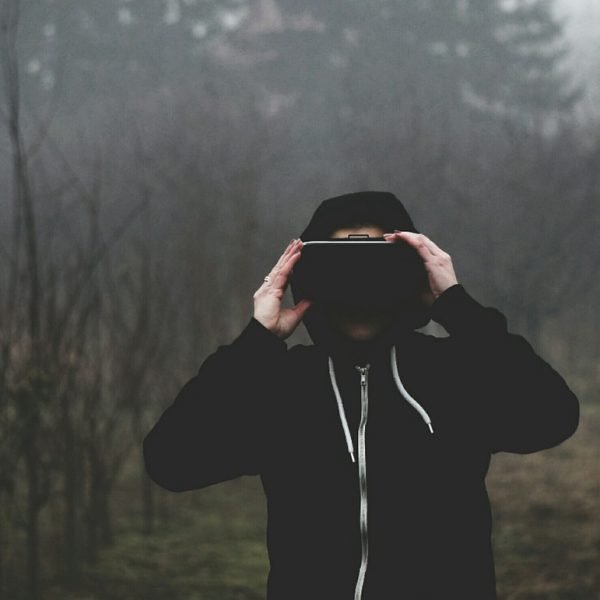I was excited to try out the Oculus Quest 2, the latest virtual reality headset from Facebook. It’s standalone, wireless, and at $299, quite affordable compared to other VR options. But after just one evening of using the Quest 2, I was left disappointed and concerned about Facebook’s unethical business practices.
The irony is that the Quest 2 itself is an impressive piece of technology hardware. Setting it up was easy enough – I just had to download the Oculus app on my phone, connect the headset, and log in with my Facebook account. That’s when the first red flags started popping up.
Why does a VR headset require a Facebook login and account to operate? This allows Facebook to monitor your activity across both platforms and continue collecting your data. The company claims this is needed to provide “social features”, but it’s an obvious privacy invasion. I begrudgingly created a dummy Facebook account just to start using the headset.
The Oculus app then had me set up a “Guardian” boundary so I don’t smack into walls while in VR. The headset cameras map out my room – already creepy. Finally, I strapped on the Quest 2 and dove into the VR experience. And yes, the onboard graphics and performance are superb for a wireless headset.
But my elation faded quickly as I realized just how locked into Facebook’s ecosystem the Quest 2 really is. The device is running a modified version of Android, yet you can’t sideload any unapproved apps. You have access only to apps on Facebook’s official Oculus Store.
This closed garden approach lets Facebook control the entire VR experience. They decide what apps are allowed, which ones get promoted, and how your data and usage are tracked. The content censorship possibilities are frightening for a technology that’s supposed to be the next frontier of creative freedom.
And the Facebook account requirement is wholly invasive. Why should my social media profile be linked to a VR headset? Facebook is already under fire for spreading misinformation, facilitating illegal activities, and damaging mental health, especially for teenagers. Forcing users to have a Facebook account just to access Oculus feels unethical and greedy.
The Oculus Quest 2’s very hardware itself also raised some red flags for me. It apparently uses a foam face liner that can irritate skin and cause facial rashes for some users. Facebook was forced to recall the foam inserts and switch to a new material. But how did they miss something so vital?
Reports also indicate the Quest 2 controllers emit high levels of electromagnetic radiation beyond the legal safety limit. Excessive radiation right by your hands in long VR sessions is extremely concerning. Was this a greedy cost-cutting move by Facebook? The Quest seems like a headset recklessly rushed to market without considering user safety.
My brief time with the Oculus Quest 2 felt like a dystopian VR experience commandeered by Facebook for data collection and social engineering. The high-resolution graphics and snappy performance can’t mask the device’s troubling privacy pitfalls and health impacts.
Facebook has clearly prioritized profits over principles with the Quest 2. Your every movement and interaction in VR can be tracked and monetized by Facebook without your consent or control. The compulsory Facebook account integration should disturb anyone who cares about privacy.
And Facebook’s monopoly over the Quest means they alone determine what VR apps are available. Facebook shouldn’t wield such power in a domain that’s meant to expand human creativity and potential. Their walled garden approach stifles innovation and diversity.
After just a few hours with the Quest 2, I felt suffocated being trapped in Facebook’s virtual world. A device with such potential to transport us anywhere instead becomes a data mining tool designed to keep you trapped in Zuckerberg’s ecosystem.
Maybe I’m old-fashioned, but technology should empower users, not exploit them. The Oculus Quest 2 does the opposite. It’s cynical, profit-driven engineering at its worst. Facebook rushed the Quest 2 to market without considering real health or privacy risks.
Using the Quest 2 made me feel queasy, and not just from motion sickness. I worry about the long-term impact of extended use, especially on young minds. Is it worth the eye strain, radiation exposure, rashes, and Facebook’s invasive data claws?
The Oculus Quest 2 is the realized nightmare of VR falling into the wrong hands. In a few short hours, the sheen of flashy VR novelty wore off, only to expose Facebook’s ugly data extraction business model underneath. I can’t in good conscience recommend this toxic, unethical headset to anyone. Our virtual realities should inspire our hopes, not our worries.




